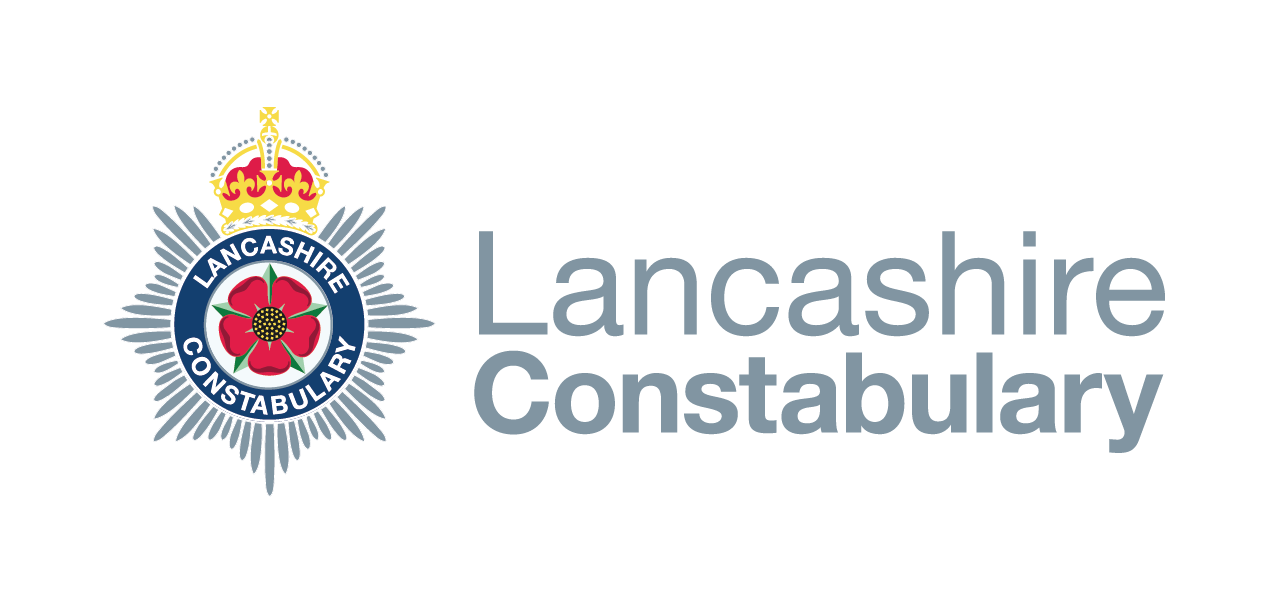Restorative Justice
Restorative Justice gives victims of crime an opportunity to have a voice within the criminal justice system.
Restorative Justice sees the victim and offender having managed communication with each other. There are three types of Restorative Justice:
- Instant Restorative Justice: An informal meeting, usually delivered at or near the location
- Formal Restorative Justice Conference: This is used to resolve what can be more serious, complex or persistent matters. It is delivered by a specially trained facilitator at a time and place convenient to all participants. It may require some preparation by participants or involvement of partner agencies
- Indirect Restorative Justice: Occasionally, there will be times when it is not appropriate to bring all parties together but participants are still happy to resolve the problem through a restorative approach. The main difference with this method is that the questions and answers relating to the incident are relayed by a facilitator to participants on an individual basis
It is not a soft option, many offenders find it difficult to take responsibility and face up to the impact of their crimes. Listening to the victims’ perception of the crime can also be an uncomfortable experience for the offender.
Restorative Justice holds offenders to account for what they have done, personally and directly, and helps victims to get on with their lives. It gives victims the chance to tell offenders the real impact of their crime and get answers to their questions. It lets offenders understand the real impact of what they’ve done, to take responsibility and make amends as well as focusing on the future and moving forward.
Restorative Justice FAQS Does Restorative Justice always mean meeting face to face? No. Restorative Justice can take via an exchange of letters. The use of this method is based on the individual needs of the victim or victims and follows a thorough preparation and risk assessment process.
Does Restorative Justice always happen once the process has started? Restorative Justice is voluntary for all involved and any participant, victim or offender, can pull out at any time. This is made clear to all involved each step of the way.
Does Restorative Justice give 'credit' to the offender at court or in prison? An offender receives no ‘credit’ for participating in Restorative Justice, the criminal justice system is very clear on this point. Research shows that offenders who participate in Restorative Justice are less likely to re-offend, that is a by-product to what is a service provided for victims.
Can Restorative Justice be used for more serious offences? Under the Victims’ Code of Practice every victim or person affected by crime is entitled to information on how to access Restorative Justice. If following preparation and risk assessment it is appropriate to proceed Restorative Justice can be used for any offence from shoplifting to manslaughter.
Can Restorative Justice cause more harm than good? Any Restorative Justice intervention would only happen following thorough preparation and risk assessment. The emotional and physical safety of those involved is paramount.
Does Restorative Justice mean the victim has to forgive the offender? Victims enter the Restorative Justice process for many different reasons. Some victims wish to explain the effect of the crime, some have questions that only the offender can answer, some want to understand if the offender is remorseful and on occasion we have had victims who wish to forgive. Those reasons are unique to each participant and there is no prerequisite for what those reasons are.
Contact us
If you would like further information about Restorative Justice, you can contact the Lancashire Restorative Justice Team by:
Emailing: RJAdmin@lancashire.police.uk
Telephoning: 01772 412545

